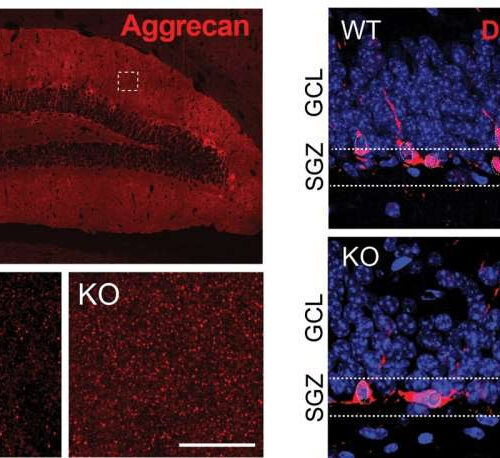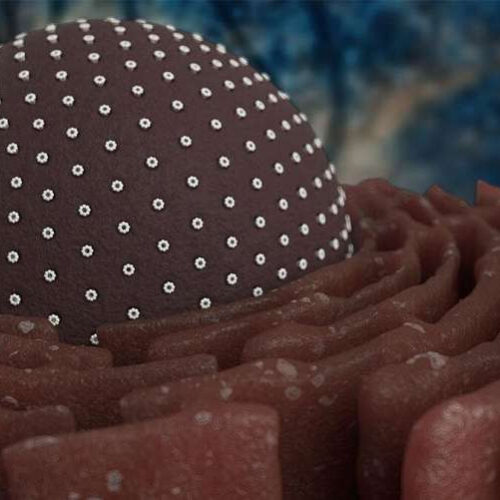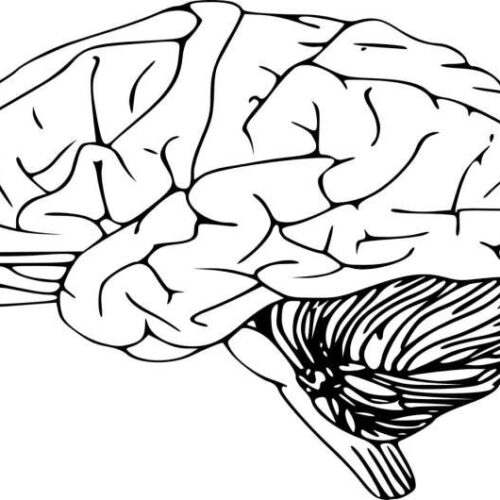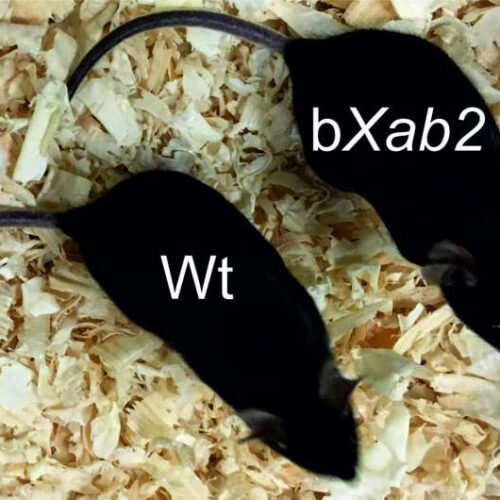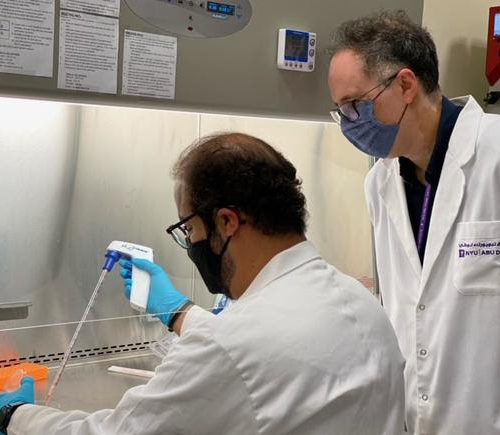by CU Anschutz Medical Campus Credit: CC0 Public DomainResearchers at the University of Colorado Anschutz Medical Campus have found that inhibiting a key protein can stop the destruction of synapses and dendritic spines commonly seen in Alzheimer’s disease. The study, whose first author is Tyler Martinez, a student in the Pharmacology and Molecular Medicine Ph.D. program...
Tag: <span>Key protein</span>
Researchers detail mechanism of a key protein implicated in age-related brain dysfunction
by The Mount Sinai Hospital Accumulation of extracellular matrix content in brain of TIMP2-deficient “KO” mice (left column) that leads to impaired plasticity processes, including the migration of adult-born neurons (right column). Credit: Mount Sinai Health System Mount Sinai researchers have shed valuable light on the mechanism of a key protein that regulates the plasticity and...
New Study Offers Clearest Views Yet On A Key Protein Found In Kidney and Brain, Opens Avenues to Treating Diseases
The devil so often is in the details. There are devils and angels in their details for proteins that orchestrate the molecular business of life, down to the proteins’ constituent atoms. It’s at that level of structural minutiae where the balance of health and disease, even life and death, can pivot. Published online in the journal Cell, a...
Study identifies key protein that drives rheumatoid arthritis damage
WASHINGTON STATE UNIVERSITY SPOKANE, Wash. – Scientists have identified a protein known as sulfatase-2 that plays a critical role in the damage caused by rheumatoid arthritis. A chronic disease in which the immune system attacks the body’s own joint tissues, rheumatoid arthritis affects an estimated 1.5 million Americans. Published in the journal Cellular & Molecular Immunology, the...
Autism-related mutations inhibit export of key protein from endoplasmic reticulum
by University of Tsukuba Credit: vitstudio/Shutterstock Anyone who has ever gotten stuck in a traffic jam can attest to the disruption that it causes to your day. Now, researchers from Japan have found that an autism-associated mutation can cause a traffic jam of unfolded proteins that disrupts normal brain function. In a study that was recently...
Key protein identified for brain stem cell longevity
by Rutgers University Credit: Pixabay/CC0 Public Domain A receptor that was first identified as necessary for insulin action, that also is located on the neural stem cells found deep in the brains of mice, is pivotal for brain stem cell longevity, according to a Rutgers study, a finding that has important implications for brain health...
Discovery of new key protein in cell function paves way for new therapies
by Prof. George Garinis, Foundation for Research and Technology – Hellas Credit: Foundation for Research and Technology – Hellas Over time, we accumulate genetic damage that accelerates the aging process, increasing the risk of carcinogenesis. DNA is continually challenged by genotoxic factors that affect its fragile structure, inhibiting cell functions. To meet this challenge, cells have evolved a number of...
NYUAD study finds key protein related to the disease-causing malformation of fat tissue
NEW YORK UNIVERSITY IMAGE: MOHAMED AL-SAYEGH AND PIERGIORGIO PERCIPALLE Abu Dhabi, UAE – October 13, 2020: The impairment of adipogenesis, the process in which fat cells (also known as adipocytes) accumulate to become fat tissue, can lead to many diseases such as diabetes, obesity, and heart conditions. The process of adipogenesis is regulated by...
Researchers discover key protein in endometrial cancer growth
by Ashlee Bright, Huntsman Cancer Institute The hormone estrogen plays many critical roles in men and women, in both healthy tissues and in cancer. In breast and gynecologic cancers, estrogen sends signals to tumors instructing the cancer cells to grow out of control. In recent years, studies have shed light on the growth-promoting role of...
Discovery of a key protein involved in the development of autism
Most individuals with autism spectrum disorder cannot be distinguished by physical traits or by severe neurological symptoms. In fact, these cases can be identified only on the basis of certain behaviours, namely their obsessive focus on certain activities and difficulties with social communication and interactions. Recent years have brought about important breakthroughs in autism research through the...

